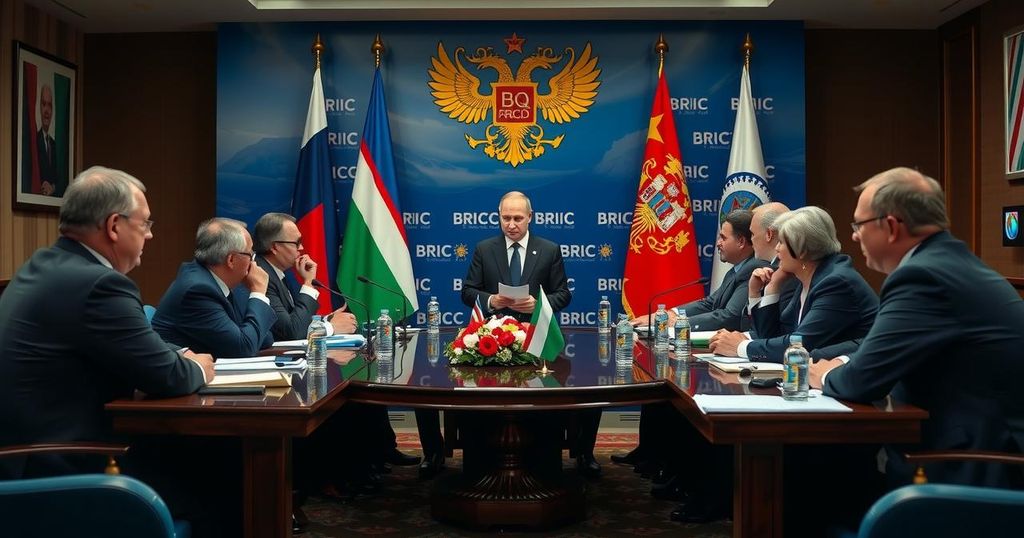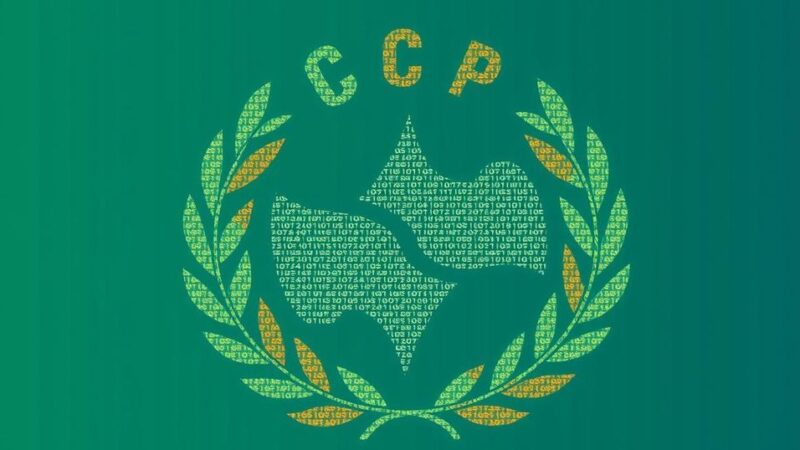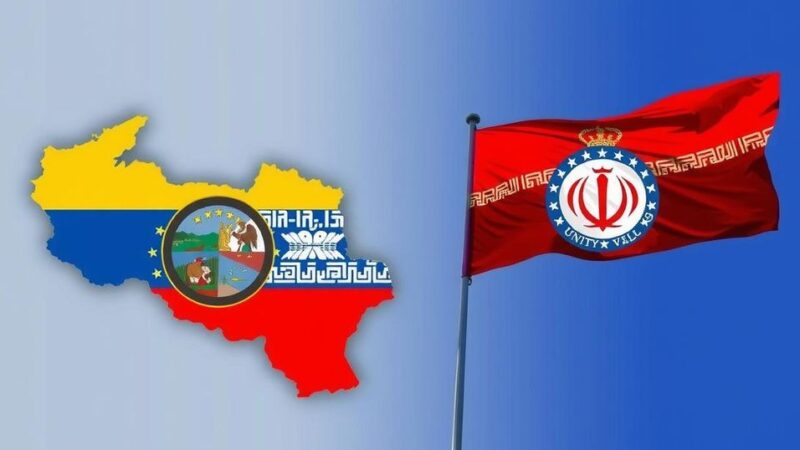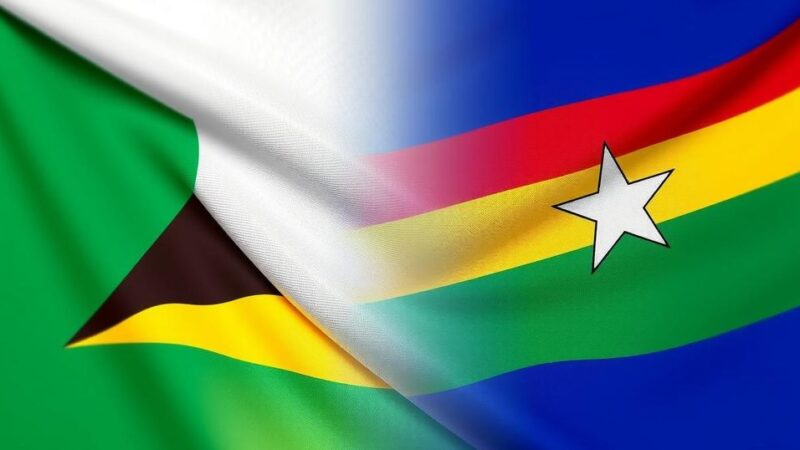Vladimir Putin hosted 36 world leaders at the Brics summit in Russia, marking the largest international gathering since the invasion of Ukraine. This summit aimed to demonstrate Russia’s continued global relevance despite its isolation and accusations of war crimes. The expanded Brics group seeks to counter Western dominance, particularly the U.S. dollar’s influence, and foster new economic platforms among its diverse members.
At a significant diplomatic gathering in Kazan, Russia, President Vladimir Putin hosted an assemblage of 36 world leaders, marking the highest number of international representatives to visit Russia since the onset of the Ukraine conflict in February 2022. The summit aimed to project a narrative of Russia’s global relevance amidst accusations of isolation and allegations of wartime atrocities, such as the International Criminal Court’s indictment for the abduction of Ukrainian children. Notably, prominent figures at the event included Xi Jinping of China and Narendra Modi of India, who engaged in direct discussions with Putin, along with 15 additional bilateral meetings scheduled throughout the three-day event. The Brics group, originally comprising Brazil, Russia, India, China, and South Africa, has expanded its membership to include several emerging economies, thereby positioning itself as a potential counterbalance to Western economic dominance, particularly that of the United States and its dollar-centric financial system. As this expanded group asserts its claim to represent a significant portion of the global majority, there remain concerns regarding ideological cohesion among its members. While nations like India and Brazil share objectives to mitigate the dollar’s influence, their commitments differ markedly from those of Russia and China, prompting a delicate balance within the coalition. Central to the summit’s discussions was a desire to establish alternative economic and technological platforms less susceptible to U.S. sanctions and pressures. Iranian President Masoud Pezeshkian articulated this sentiment, asserting, “Brics can be a way out of American totalitarianism and create a path of multilateralism. Brics can be a solution to deal with the dominance of the dollar and deal with the economic sanctions of countries.” However, the success of this endeavor hinges on the ability of its members to unite on strategic issues without being overtly anti-Western. While the attendance of UN Secretary General António Guterres remains uncertain, his presence could have far-reaching implications for international relations, given the context of the ongoing conflict in Ukraine. The Brics group’s strategic focus, as indicated, is not solely on security matters but on fostering economic independence and resilience against Western sanctions.
The Brics group, formed to create a counterweight to Western economic influence, has recently expanded to include several new member states. This summit underscores Russia’s efforts to assert its significance on the global stage despite its controversial international standing. The gathering also illustrates the complexities of achieving unified goals among diverse nations whose economic interests and political ideologies may not always align. The significance of this event is further heightened by the backdrop of geopolitical tensions stemming from the conflict in Ukraine and the implications of potential shifts in U.S. domestic politics.
The Brics summit held in Russia serves as a crucial platform for Putin to rebuff notions of international isolation while facilitating dialogue among a diverse group of leaders. Despite ideological differences and varying motivations for engagement with the group, the overarching aim remains clear: to diminish the dominance of the U.S. dollar in global trade and develop new economic alliances. The outcomes of this summit could significantly shape future geopolitical alignments and economic strategies among its members, particularly in light of the ongoing Ukraine conflict and potential shifts in Western alliances.
Original Source: www.theguardian.com






